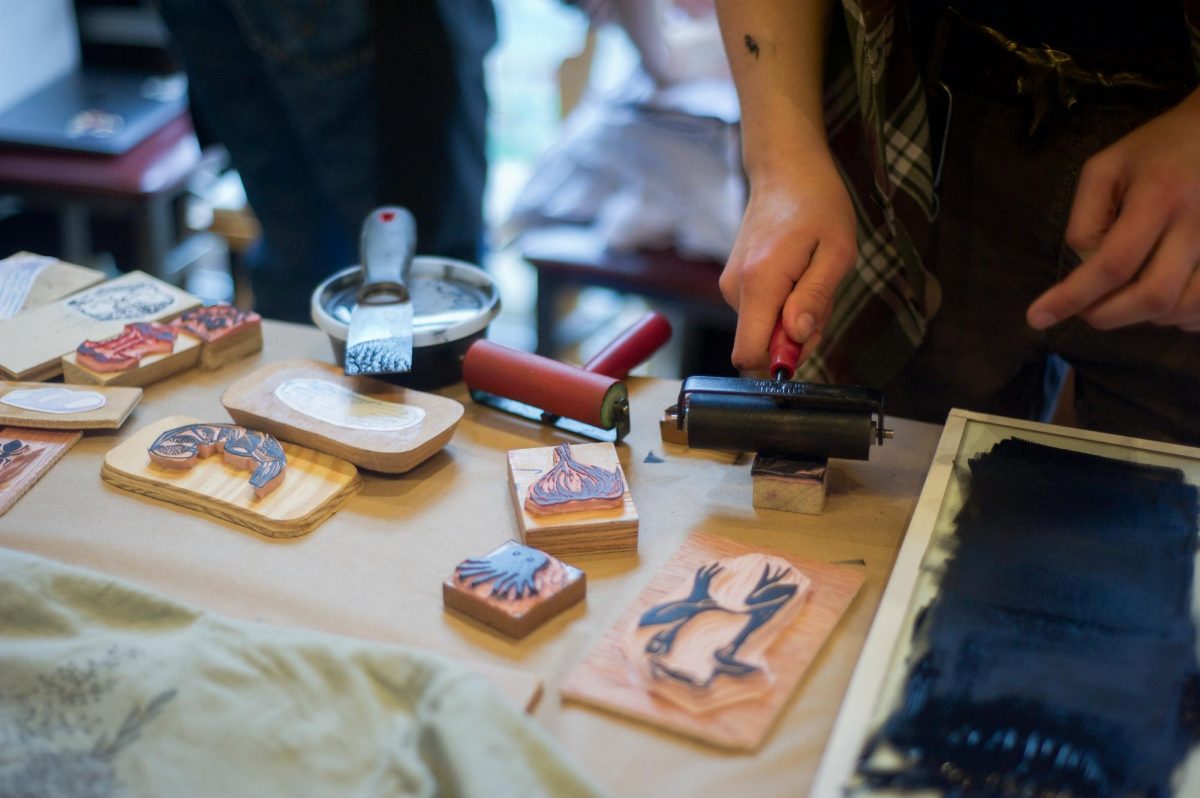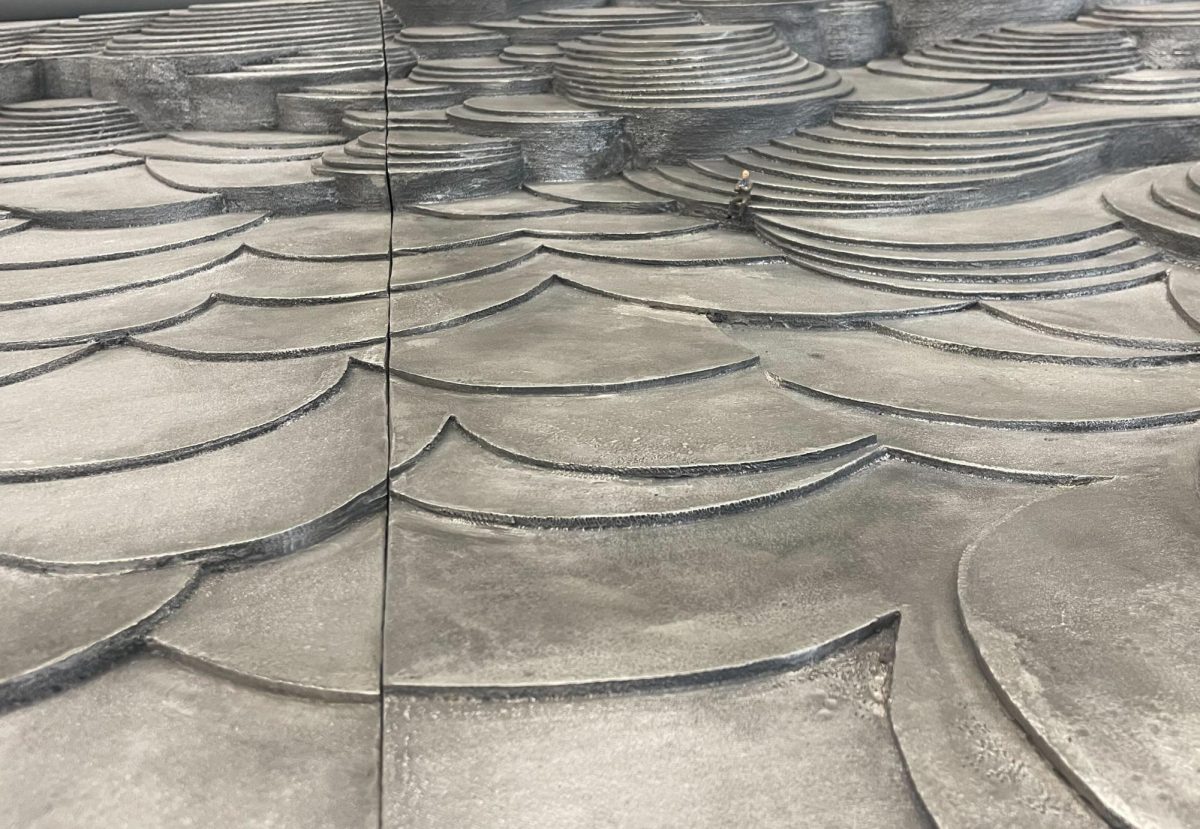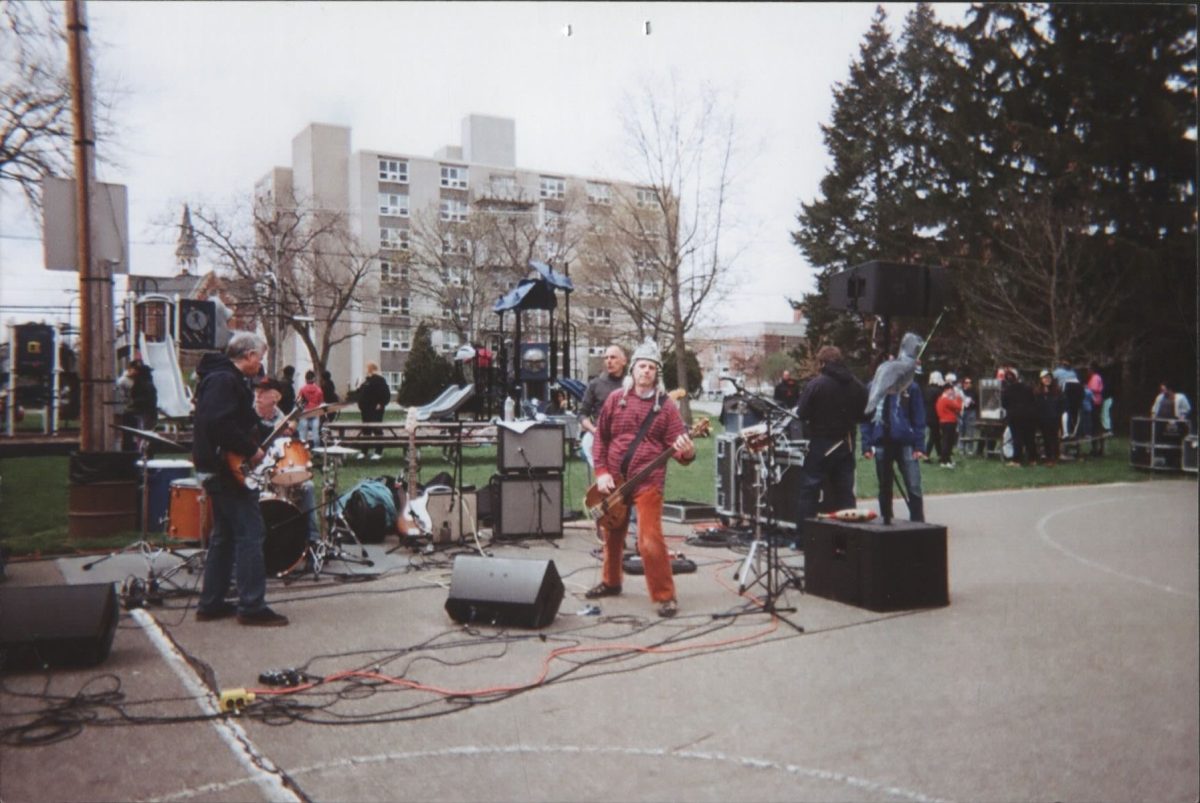OReilly Offers Players Chance to Be “Everything”
April 28, 2017
Games are an ever-evolving medium as developers try to stand out in an increasingly competitive and saturated market by creating new games and mechanics. But with all games, new or old, one thing is universal: They let you be something that you’re not.
This is the core concept of Everything, created by artist David OReilly, which was originally released back in March on PlayStation 4 and just became available for Mac and PC.
Everything is a game about just that — everything. If that sounds impossibly complex, it is, and explaining the game requires some detachment from what a game is “supposed to be.”
I began the game playing as a camel, exploring an expansive desert. After playing for a while, I learn something important about the central concept of the game — I can become anything. So, I meander up to a large baobab tree and become it. Then I learn to go smaller, and I become a tuft of desert grass. After some time, I find that I can rise higher, above the tuft and the baobab tree, and that I am no longer contained within this desert but that I am the desert itself.
That is the sense of progress in Everything — the entire system that you inhabit is you. The way that OReilly achieves this is nothing short of superb. The game introduces you to “lateral shifting” first, going to and from beings larger or smaller than the being you are. Then it introduces you to “vertical movement,” the process of growing even larger or even smaller, through continents to worlds to galaxies and then down again, through fungi, particles, atoms and eventually simply the geometric shapes of the universe.
As you gain more abilities to interact with Everything in new ways, the game opens up into a playpen the size of infinity, one filled with possibilities and existential musings. Small icons populate the world signifying a thought or new interaction waiting to be discovered. Go up to a rock, and it might muse about its own existence. Approach a galaxy, and it might wonder why it doesn’t have any friends. These small moments add a sense of self to each and every entity that you interact with as you find tidbits of philosophy from Alan Watts about the inherent connectedness of everything.
There’s more to it than just these mechanics. In some ways it’s difficult to even describe Everything as a game. There is progression for players to go through, certainly, and there are goals for you to achieve, but they’re incredibly simple. There is no opposition. When I became the grass, I did not fear the rabbit that might eat me — it’s not that kind of experience.
Eventually, I reach what could be described as an ending, tasked with finding the place I started. I leave the alien world I find myself in and go through a planetary system. I find a green world, become it and go lower. I find a desert and become a camel, as I was at first, and find the golden pyramid I started next to. I become the pyramid, only to realize that I’m stuck and can’t leave it. Watts’ philosophy enters again, as a shoe describes the futility and horror of its stationary life. I then get smaller and become a cookie the size of a speck of dust. I get even smaller, and at the end of this sequence I burst forth from the pyramid and across the screen words pop up — “Congratulations, Tutorial complete. Welcome to Everything.”
At this point, I’ve had innumerable points of discovery, contributing to some of the most euphoric experiences I’ve had in my years of gaming, even if that moment was simply becoming an eagle and flying through the sky. Because even though everything is grandiose in scale and vision, something it projects onto the player, the game’s message seemed to suggest something different. I am small, and as intertwined with the universe as I am, I am still just a piece of a larger whole.
That’s OK, because Everything makes that feeling work. The sensation of moving through the largest toybox ever, playing with and becoming whatever I wanted, was surreal. Discovering things that I could become, like a satellite in space or chewed gum on the pavement, kept me continually engaged.
With all that said, it’s not for everyone. Certainly some people who try to play it will not feel the resonance with the core thesis that this game presents. But I do, and it seems clear that Everything is not only a great game but also one of the greatest works of experiential genre today and perhaps ever.














